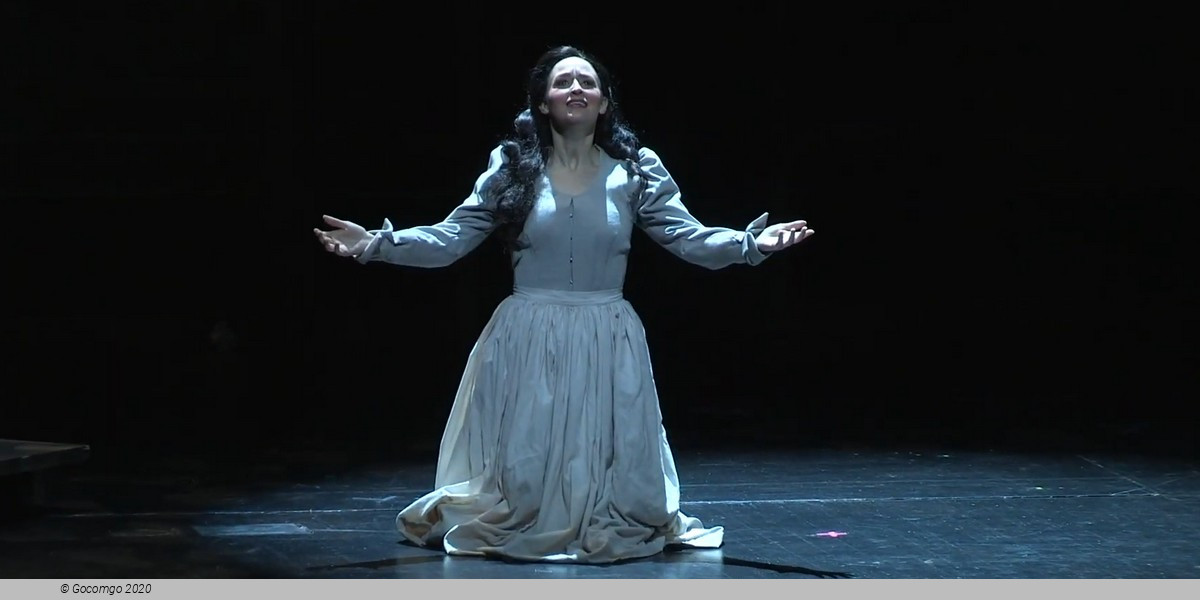The Stanislavski and Nemirovich-Danchenko Moscow Academic Music Theatre is a music theatre in Moscow.
The Stanislavsky and Nemirovich-Danchenko Moscow Academic Music Theatre was founded in 1941 when two companies directed by the legendary reformers of twentieth-century theatre — Konstantin Stanislavski and Vladimir Nemirovich-Danchenko — merged: the Stanislavsky Opera Theatre (established at the end of 1918 as an Opera Studio of the Bolshoi Theatre) and the Nemirovich-Danchenko Music Theatre (set up in 1919 as a Studio of the Moscow Art Theatre).
The new theatre followed the artistic principles of its founders, who applied the system of the Moscow Art Theatre to opera and ballet. Both Stanislavsky and Nemirovich-Danchenko rejected the current conception of opera as "costume concert". They wanted to bring it closer to drama and comedy, revealing the main idea of the plot through psychologically motivated action. The ballet company entered the Theatre as a part of Nemirovich-Danchenko's troupe. It was the former company of the Moscow Art Ballet, established in 1929 by Victorina Krieger, the valued ballerina of the Bolshoi Theatre. She was Artistic Director and one of the principal dancers of the Moscow Art Ballet. Soon after Stanislavsky's death, Nemirovich-Danchenko took charge of all the companies (Vsevolod Meyerhold invited by Stanislavsky to work for his theatre, was arrested in 1939, and no other stage director could prove equal to Nemirovich-Danchenko). Then the theatre was given its present name.



 B. Dmitrovka, 17
B. Dmitrovka, 17